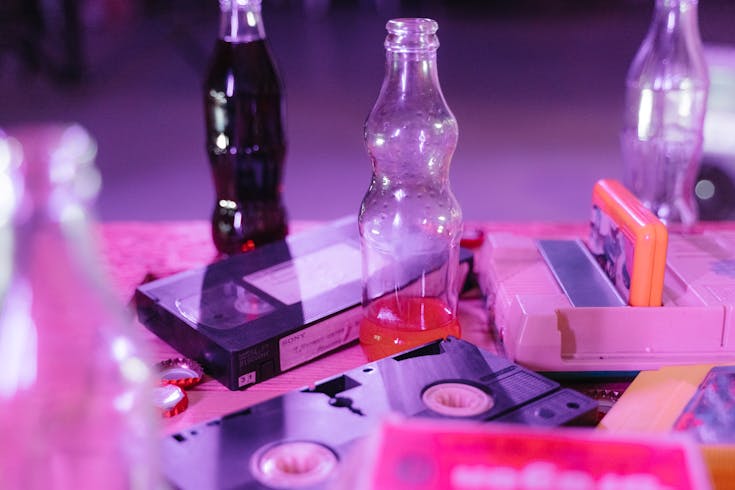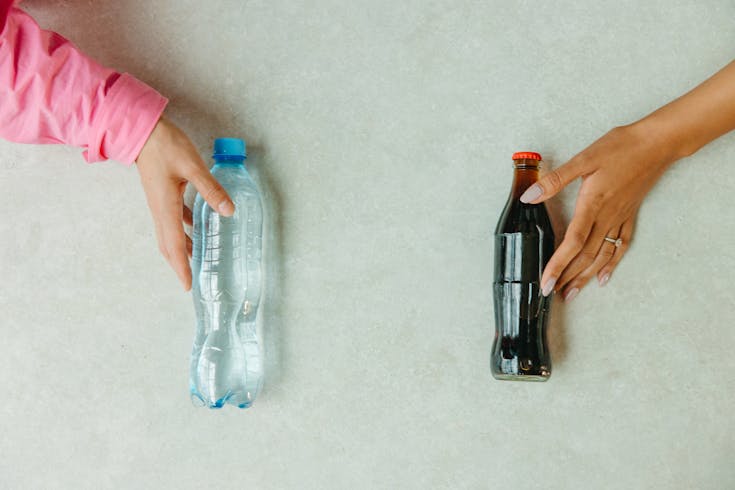Indonesia is set to introduce an excise tax on sugary packaged beverages starting July 2025. The policy aims to reduce excessive sugar consumption, tackle rising diabetes rates, and promote healthier consumer behavior.
This article breaks down the key aspects of Indonesia’s sugar tax, its implications, and how it aligns with global health policies.
Why Is Indonesia Implementing a Sugar Tax?


The Indonesian government, through the Ministry of Finance, announced that the excise tax on sugary beverages (MBDK – Minuman Berpemanis dalam Kemasan) is not intended as a revenue booster but as a regulatory measure to curb sugar intake. This aligns with fiscal strategies in various countries that use excise regulations to influence consumer behavior and public health outcomes.
Also read: Tax Refund in Indonesia for Tourists and Businesses: A Complete Guide
Health Concerns and Rising Diabetes Rates
According to the Indonesian Ministry of Health, diabetes prevalence in Indonesia has doubled over the past decade, now affecting around 10% of the population, or approximately 28 million people. Additionally, 28.7% of Indonesians consume excessive sugar, salt, and fat, while 95.5% fail to eat enough fruits and vegetables. The increasing rates of non-communicable diseases, such as diabetes and obesity, are partly attributed to high sugar consumption, particularly through sweetened beverages.
Studies suggest that a sugar tax can help reduce these health risks. Research by the Ministry of Health indicates that implementing this tax could significantly reduce type 2 diabetes cases in Indonesia by 2033. Similar measures in countries like Mexico and the UK have resulted in decreased sugary drink consumption and reformulation of products with lower sugar content.
How Will the Sugar Tax Work?
The sugar tax will categorize beverages based on their sugar content and production methods. The proposed excise rates are:
- Rp1,500 per liter for packaged sugary drinks like soda, bottled tea, and energy drinks.
- Rp2,500 per liter for syrup-based or concentrated beverages.
Government Regulation No. 28/2024, which enforces Law No. 17/2023 on Health, provides the legal framework for this tax. The Ministry of Finance estimates the policy could generate Rp 6.25 trillion ($385.24 million) in revenue, which will be allocated to healthcare initiatives and public awareness campaigns.
Also read: Branch Profit Tax in Indonesia: A Guide for Foreign Businesses
Economic and Industry Implications


The sugar tax is expected to impact various industries, including beverage manufacturers, retailers, and consumers. While companies may face higher production costs, there is an opportunity for product reformulation to offer healthier alternatives. Countries like Thailand and the Philippines have successfully encouraged companies to reduce sugar content following similar tax implementations.
From a consumer perspective, the tax is designed to encourage healthier purchasing choices. Studies suggest that a 20% excise tax on sugary beverages could lead to a 24% reduction in consumption. In Mexico, where a 10% sugar tax was introduced in 2014, sugary drink sales dropped by 37% within two years, and water sales increased.
Global Perspective: How Indonesia Compares
Indonesia is joining a growing list of countries implementing sugar taxes to address public health concerns. In Southeast Asia, Thailand and Brunei have had similar policies since 2017, while the Philippines followed in 2018 and Malaysia in 2019. The success of these policies highlights their potential to shift consumer behavior and improve national health indicators.
Also read: Indonesia’s CoreTax System: A Digital Transformation in Tax Administration
Challenges and Future Outlook
Despite the positive projections, the implementation of the sugar tax faces several challenges:
- Consumer Resistance: A sudden price increase might lead to backlash from consumers accustomed to affordable sweetened beverages.
- Industry Adaptation: Beverage manufacturers will need to adjust their formulas or risk losing market share.
- Economic Considerations: The government must balance public health priorities with economic conditions and purchasing power.
However, Indonesia’s government is actively conducting public awareness campaigns and collaborating with industry stakeholders to ensure a smooth transition. The sugar tax policy is expected to contribute to long-term public health benefits and reduce healthcare burdens caused by diet-related diseases.
Indonesia’s upcoming sugar tax is a strategic policy move aimed at improving national health by reducing sugar consumption. With diabetes cases on the rise, the government’s focus on preventive health measures through excise regulations aligns with global best practices. While challenges remain, successful implementation could lead to a healthier Indonesia and a more informed consumer base.
For those who are interested in Indonesia’s tax policy and need further assistance, you can rely to InvestinAsia’s Indonesia tax consultant and compliance services.
Our experienced team of professionals is ready to assist you in every tax matter, such as:
- Accounting and tax reporting services in Indonesia
- Indonesia Payroll Service
- Indonesia LKPM Reporting Service
- Indonesia VAT Taxpayers Registration
Contact us now for FREE consultation and special package!
sources:
- Indonesia to Impose Sugary Drink Tax in July 2025 to Tackle Diabetes Surge, Jakarta Globe
- Indonesia.go.id



